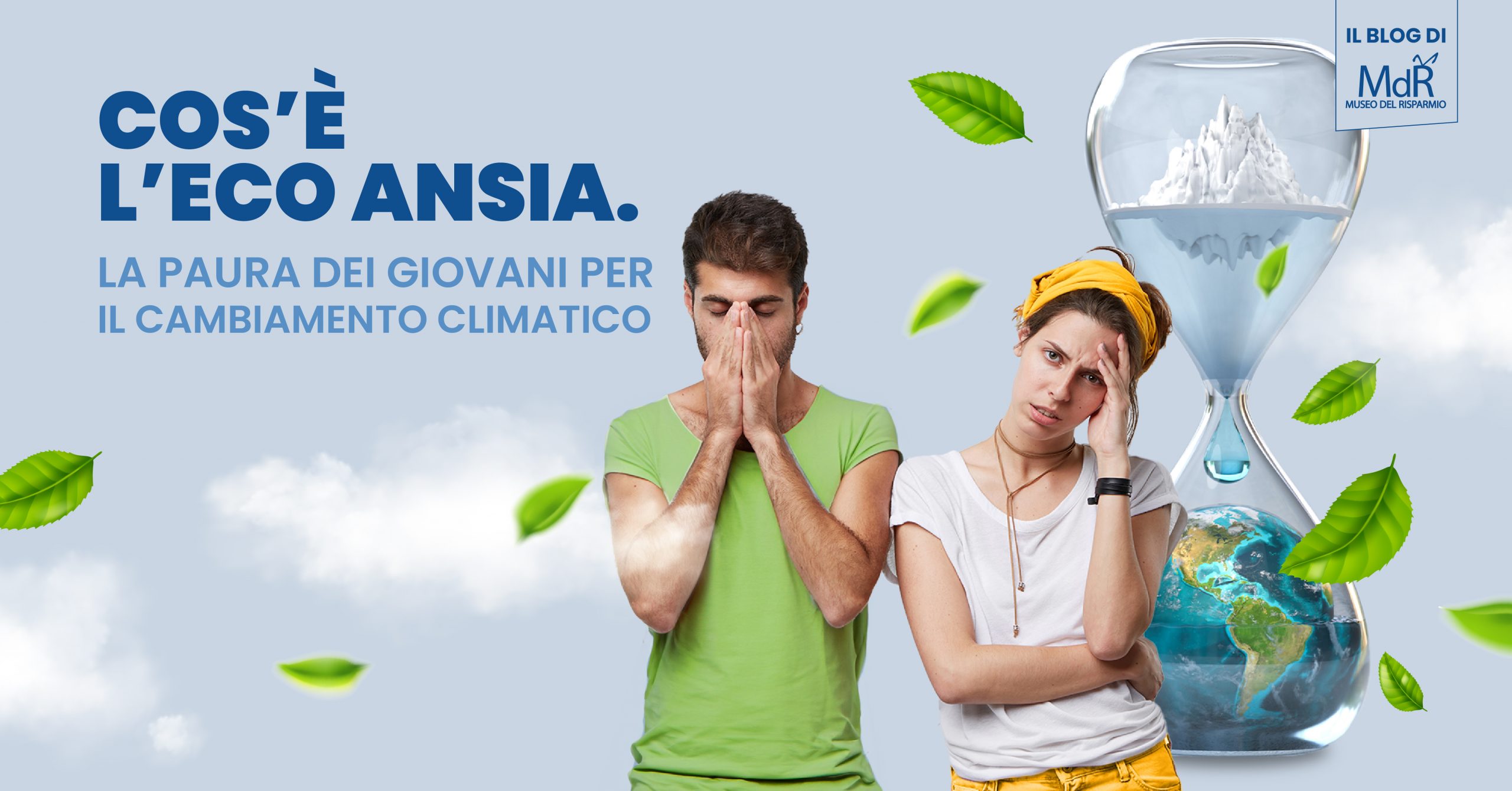
In recent years, a new form of psychological distress has spread among younger generations: eco-anxiety, an emotional condition linked to the growing concern for climate change and its consequences. But what exactly is eco-anxiety? It’s not just fear for the fate of the planet, but also a sense of uncertainty about the future. According to a survey published in 2021 in Lancet Planetary Health – an international scientific journal focused on the link between public health and the environment – conducted on over 10,000 young people between the ages of 16 and 25 in ten countries, 60% of respondents said they were very worried about the climate crisis, while almost half stated that this anxiety negatively affects their daily life. The phenomenon is also widespread among younger children: an Italian study conducted in 2024 by the Health Psychology Lab at the University of Pavia – involving about 1,000 children between the ages of 5 and 11 – shows that 95% of participants said they are worried about the future of the planet.
How it manifests
Eco-anxiety can take different forms and is not always easily recognizable. In younger people, it often shows up as a sense of helplessness, constant fear, sleep disturbances, irritability, and loss of motivation. This condition can be worsened by strong sensitivity to environmental news and frustration over the slowness of institutional action. In some cases, eco-anxiety turns into real generalized anxiety, affecting academic performance, psychological well-being, and social relationships.
How to manage eco-anxiety
Even though it is a legitimate emotional response, eco-anxiety can become debilitating if not understood and addressed properly. Experts emphasize the importance of:
- Talking about your emotions, even with the help of professionals;
- Sharing concerns in groups, finding comfort in talking with peers who feel the same way;
- Starting to inform yourself critically, avoiding information overload or exposure to sensationalist content.
Turning worry into practical action can be a useful strategy to reduce this feeling of discomfort: taking part in environmental initiatives or adopting more sustainable behaviors can restore a sense of control and personal efficacy. Virtuous behaviors like reducing food waste and improving spending habits; being mindful of home energy use; using creativity to make sustainable gifts; and preferring responsible forms of tourism are all examples of simple actions that help both the planet and personal well-being.
An attentive and aware generation
Understanding what eco-anxiety is, is fundamental to recognizing it not only as an individual discomfort but as a social phenomenon tied to growing environmental awareness. If approached constructively, it can become a driver of change, encouraging more sustainable daily behaviors that can truly make a difference. As shown by the 2021 survey carried out by the Museum of Saving, together with Episteme, our young fellow citizens are very attentive to the environment, and therefore should be reassured. To continue exploring the relationship between sustainability and daily choices, keep following the Museum of Saving’s blog.
April 29, 2025
